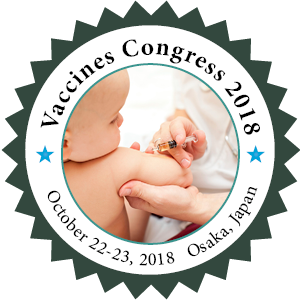
Andrew Chota
Nelson Mandela African Institute of Science and Technology, Tanzania
Title: Diseases of goats and sheep presenting with respiratory signs: Limited biosecurity leaves vaccination as the best option for diseases control in developing countries
Biography
Biography: Andrew Chota
Abstract
Sheep and goats serve as sources of income and food security in many poor families in the developing countries. However, they are highly affected by diseases which present with respiratory signs. The mostly reported diseases in developing counties are contagious Caprine Pleuropneumonia (CCPP) and Peste Des Petits Ruminants (PPR) which are highly contagious Trans boundary Animal Diseases (TADs) and Mannheimiosis is the diseases caused by the normal commensals of the respiratory systems of ruminants, including sheep and goats. The disease occurs following impairment of the animal’s immune system due to stressful conditions or infection by viruses and mycoplasmosis. FAO’s guideline on the diagnostic and animal health services put a hierarchy from the central laboratories to provincial laboratories. However, routine diagnostics and animal health activities on field are performed by veterinary officers with the help of field staffs who lack facilities and clinical and postmortem examinations remain as the quick available diagnostic methods. These are not conclusive. Lack of diagnostic facilities results in partial and/or misdiagnosis which in turn causes poor control and eradication strategies. There is a need to elucidate the epidemiology of the CCPP, PPR and Mannheimiosis and levels of co-infections. This information will help in strategizing the control programs at national and regional levels.

